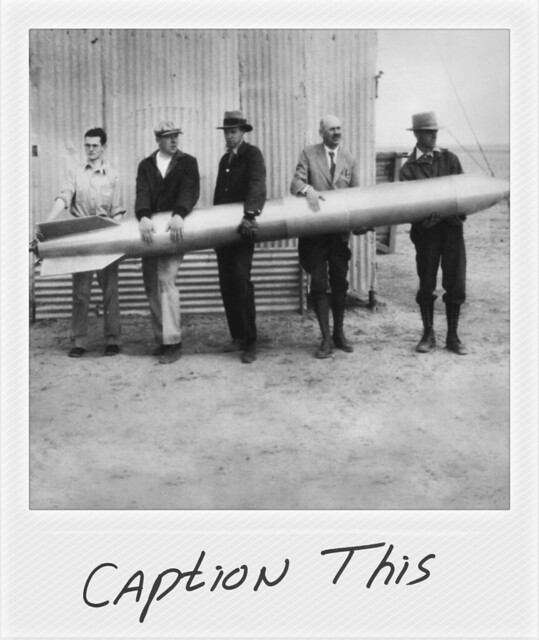From the Congressional Glossary – Including Legislative and Budget Terms
Dear Colleague letters

Members of Congress circulate Dear Colleague letters to urge their colleagues to co-sponsor their legislation. It is common in both chambers for the key proponent of a measure to send a Dear Colleague letter (in print or electronically) to other members requesting their support for the legislation by cosponsoring its introduction. Dear Colleague letters can include findings that would be gratuitous in legislation itself.
“Dear Colleague” letters are official correspondence distributed in bulk to members in both chambers. Primarily, they are used by one or more members to persuade others to cosponsor or oppose a bill (generally, prior to introduction). Dear Colleague letters might also inform Members of an event connected with congressional business, of new or modified House procedures, or of some other matter. The use of the phrase “‘Dear Colleague’ letter” to refer to a widely distributed letter among Members dates at least to the start of the 20th century. New technologies and expanded use of the Internet have increased the speed and facilitated the process of preparing Dear Colleague letters.
The form of Dear Colleague letters generally includes a description of the legislation or other subject matter along with a reason or reasons for support or opposition. A letter frequently begins with “Dear Colleague.” The length of the correspondence varies; a typical Dear Colleague runs one to two pages. Such correspondence may serve to identify the sender or senders with a particular issue and can form an important “unofficial link” in the information chain around Capitol Hill.
Member-to-member correspondence of some kind has long been used in Congress. For example, because early House rules required measures to be introduced only in a manner involving the “explicit approval of the full chamber,” Representatives had to receive formal permission to introduce legislation. A not uncommon communication medium for soliciting support for this action was a letter to colleagues.
Also see: Bills Introduced / Bills Referred; Cosponsor; Sponsor; § 6.22 Sample “Dear Colleague” Letter, in Congressional Deskbook; § 6.15 Over-Precision, in Legislative Drafter’s Deskbook; § 8.14 Identify Legislative Leaders and Potential Champions, in Lobbying and Advocacy.
Note: Some federal agencies use “dear colleague” letters to avoid formal rule making requirements. See Executive Branch (CongressionalGlossary.com).
Panel: “Dear Colleague”/Guidance Letters, Consent Decrees, and other admin law innovations
More
- Dear Colleague Letters – Senate
- Dear colleague letter – Wikipedia
- Congressional Procedure, Ch. 2. I. Sponsorship and Cosponsorship
- “‘Dear Colleague’ Letters: A Brief Overview,” CRS Report RS21667 (6-page PDF
 )
) - “Introducing a Senate Bill or Resolution,” CRS Report 98-459 (5-page PDF
 )
) - “‘Dear Colleague’ Letters in the House of Representatives: Past Practices and Issues for Congress,” CRS Report R44768 (24-page PDF
 )
) - “‘Dear Colleague’ Letters: Current Practices,” CRS Report RL34636 (11-page PDF
 )
) - “‘Dear Colleague’ Letters in the House of Representatives: An Analysis of Volume, Use, Characteristics, and Purpose,” CRS Report R42026 (23-page PDF
 )
) - See “Betsy DeVos Withdraws ‘Dear Colleague’ Letter That Weaponized Title IX Against Due Process,” Reason, September 22, 2017
Courses
- Congressional Operations Briefing – Capitol Hill Workshop
- Drafting Federal Legislation and Amendments
- Writing for Government and Business: Critical Thinking and Writing
- Custom Training
- Drafting Effective Federal Legislation and Amendments in a Nutshell, Audio Course on CD
- Congress, the Legislative Process, and the Fundamentals of Lawmaking Series, a Nine-Course series on CD
Publications

Legislative Drafter’s Deskbook: A Practical Guide

Pocket Constitution

Citizen’s Handbook to Influencing Elected Officials: A Guide for Citizen Lobbyists and Grassroots Advocates

Congressional Procedure
CongressionalGlossary.com, from TheCapitol.Net
For more than 40 years, TheCapitol.Net and its predecessor, Congressional Quarterly Executive Conferences, have been teaching professionals from government, military, business, and NGOs about the dynamics and operations of the legislative and executive branches and how to work with them.
Our custom on-site and online training, publications, and audio courses include congressional operations, legislative and budget process, communication and advocacy, media and public relations, testifying before Congress, research skills, legislative drafting, critical thinking and writing, and more.
TheCapitol.Net is on the GSA Schedule, MAS, for custom on-site and online training. GSA Contract GS02F0192X
TheCapitol.Net is now owned by the Sunwater Institute.
Teaching how Washington and Congress work ™

